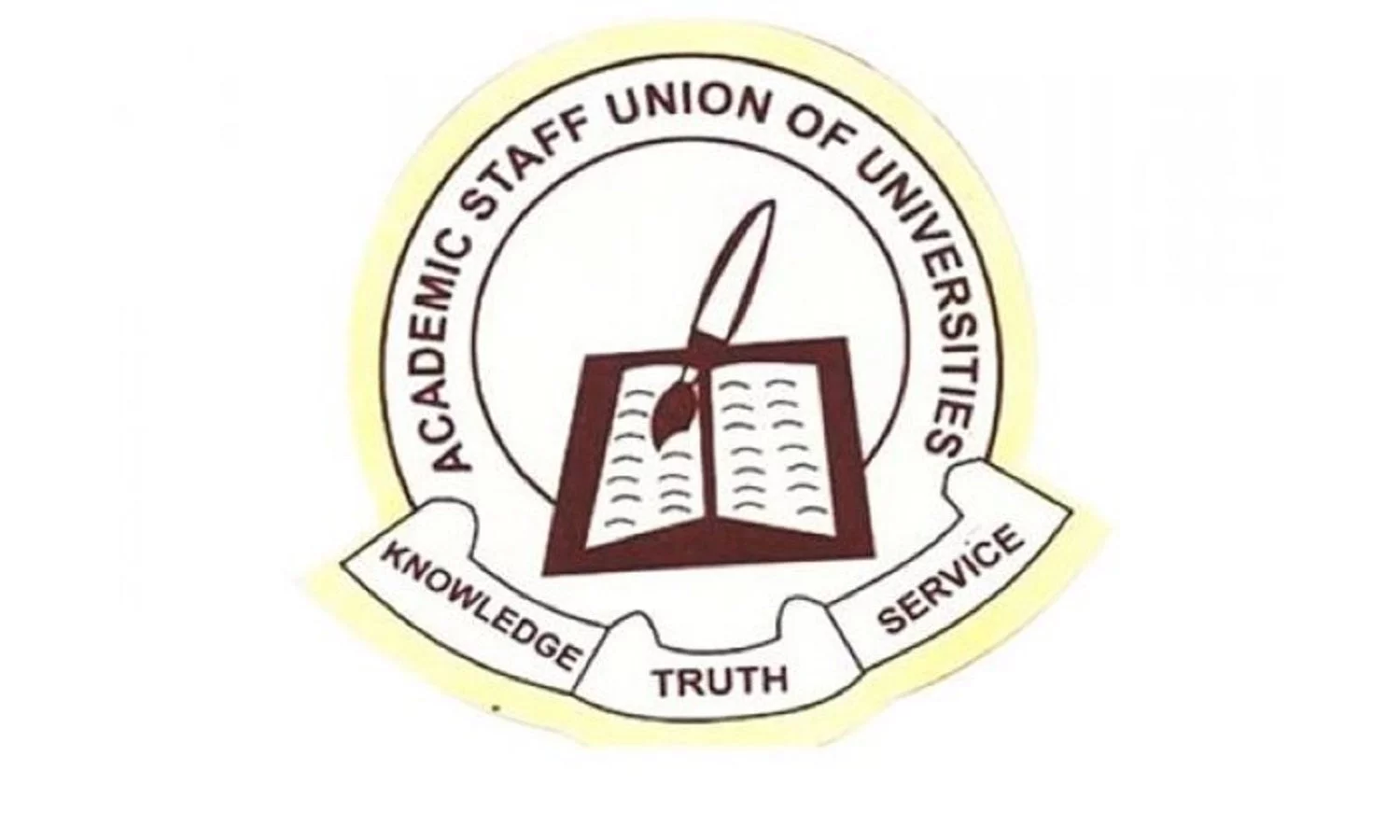By Martin Paul
Abuja
Tertiary Education Trust Fund (TETFund) has come under intense pressure in recent time to accumulate other non-educational institutions among its intervention funds beneficiaries.
TETFund Executive Secretary, Dr. Abdullahi Baffa, who disclosed this to newsmen in Abuja, after commissioning some of the agency’s projects in Kano, expressed concerns about the development.
Responding to a question on a request earlier made by the Chief Medical Director (CMD) of the Aminu Kano Teaching Hospital, Professor Aminu Zakari Mohammad, for TETFund to extend its intervention to Teaching Hospitals, Baffa, said it would amount to illegality if Teaching Hospitals were included as beneficiary institutions.
He also said reviewing the TETFund Act 2011 to accommodate more institutions would dilute the impact and defeat the aim for the establishment the intervention agency.
“When I said over 300 institutions are jostling to be included as beneficiaries, it is a conservative estimate. They are more than that. They include all private universities, all private Polytechnics, all private colleges of education, all Monotechnics that are public and all private research centres.
“We have 203 beneficiary institutions that we are supporting and we have request from over 300 other institutions not qualified by the Act to be brought on board.
“It is something worth looking at for us to expand the perimeter of the fund to include all these institutions but we also have to look at the other side of the coin. Diluting the impact TETFund is making at the beneficiary institutions is going to be very counterproductive to entire educational landscape.
“You recall that before 2011, TETFund was called ETF, Education Trust Fund that was supporting education from primary schools to basic and tertiary education. Because the original conception was targeted at supporting university education alone, government saw the opportunity to support the entire educational landscape which is good.
“But when it was experimented up to 2010, the regulation or control was extremely difficult and government decided to review the Act and concentrate the intervention on tertiary education. The Act defines tertiary education as public universities, Polytechnics and colleges of education. In other words all monothecnics were excluded.
“All other tertiary institutions that are not universities, Polytechnics and colleges were excluded so that we concentrate the intervention fund to lift public tertiary institutions from the doldrums that they found themselves.
“We are to provide the basic infrastructure for teaching and learning, support the equipping of laboratories, workshop studios, support research activities, training of scholars to acquire higher education, attend conferences, support the publishing of manuscript and also be able to support the publishing of journals by these institutions and such other things that will be needed to improve the overall quality of tertiary education in the country.
“From 2011 till today, educational landscape has changed because of the concentration of intervention in these institutions.
“For instance if are able to give N300 million to every university, once we expand, maybe we will be able to give 30 million to each university and this will go nowhere,” he said.
The Executive Secretary noted that in 2015 for example, all universities in category A, were given N338 million normal intervention out of which N100 million was allocated for physical infrastructure.


